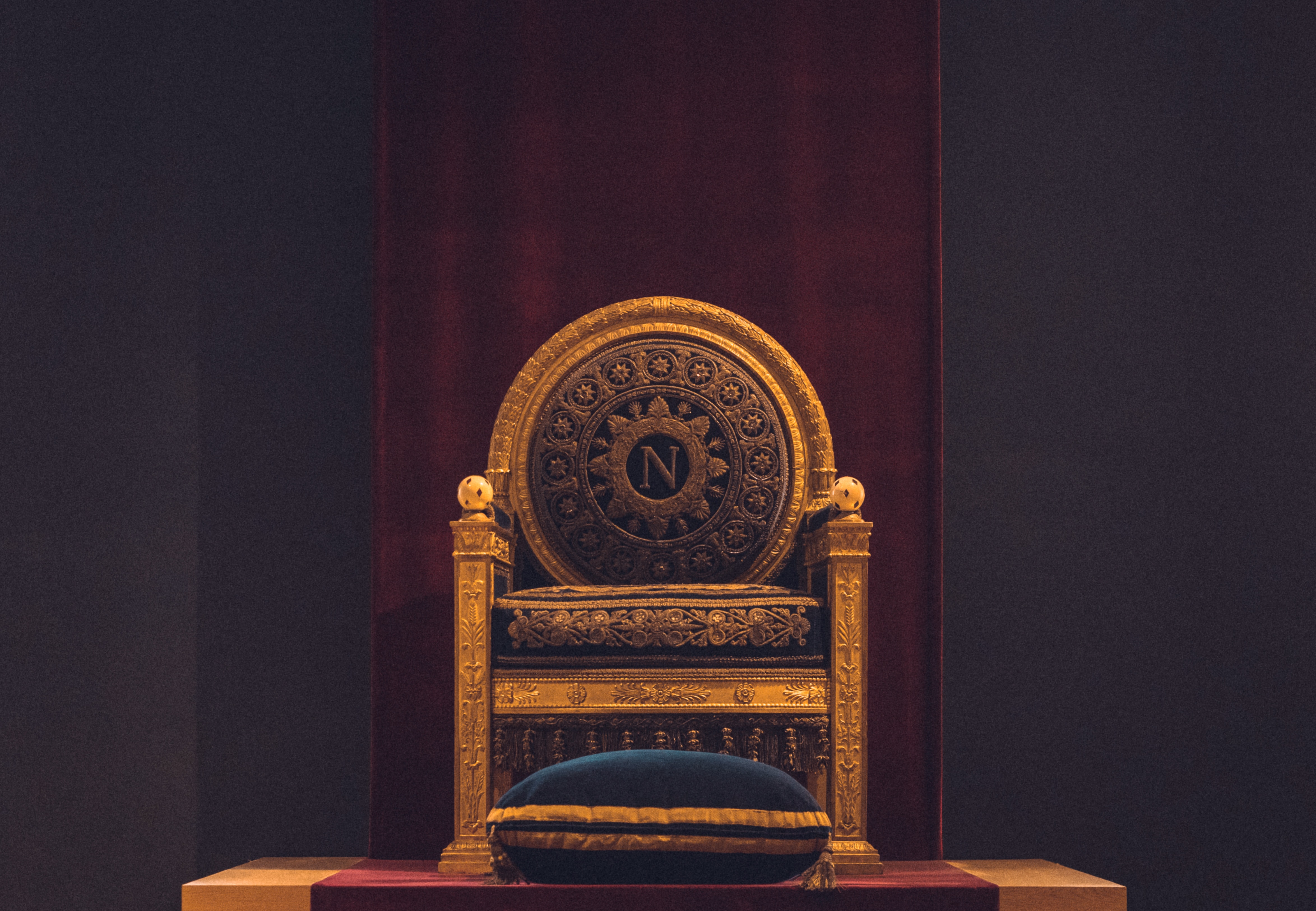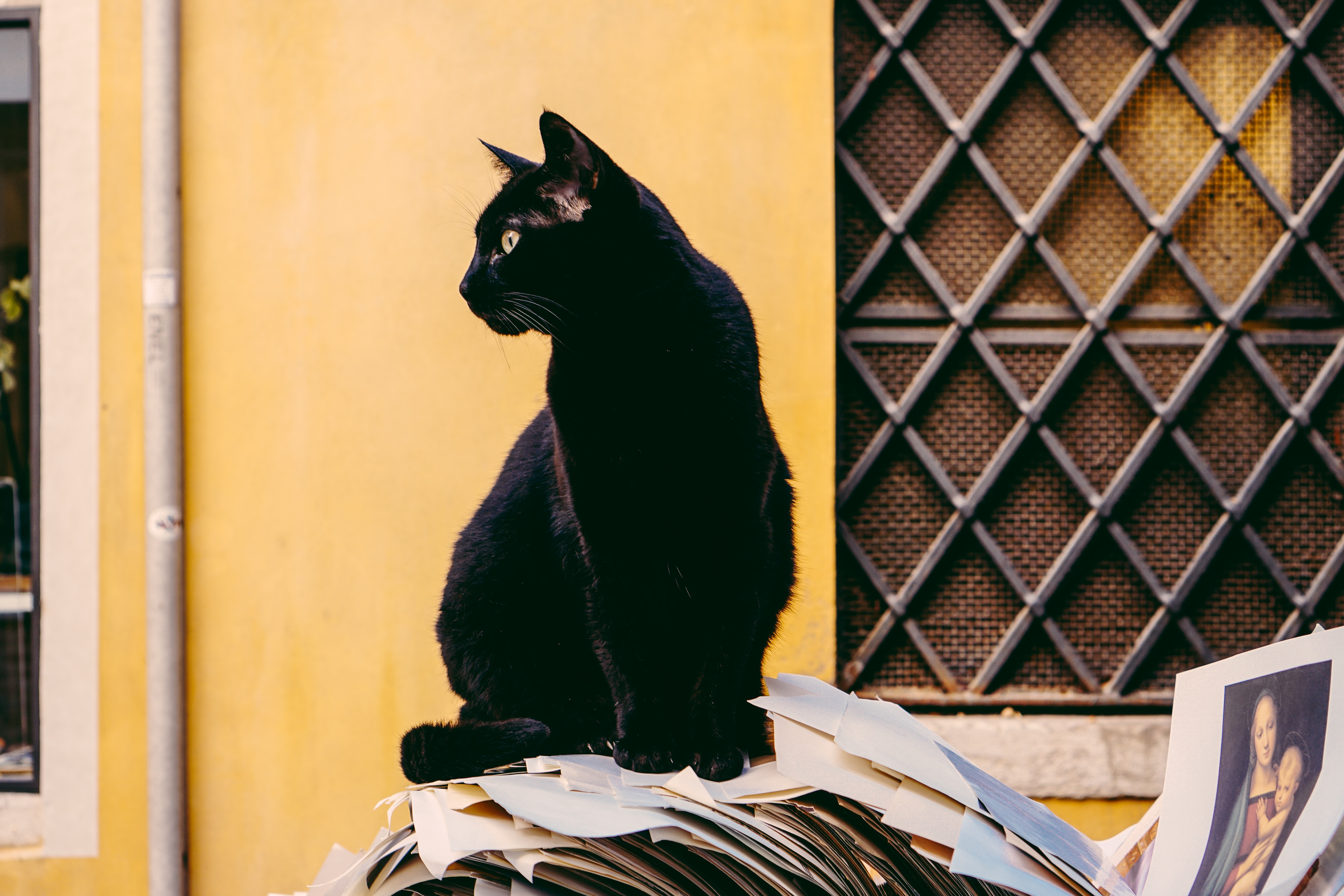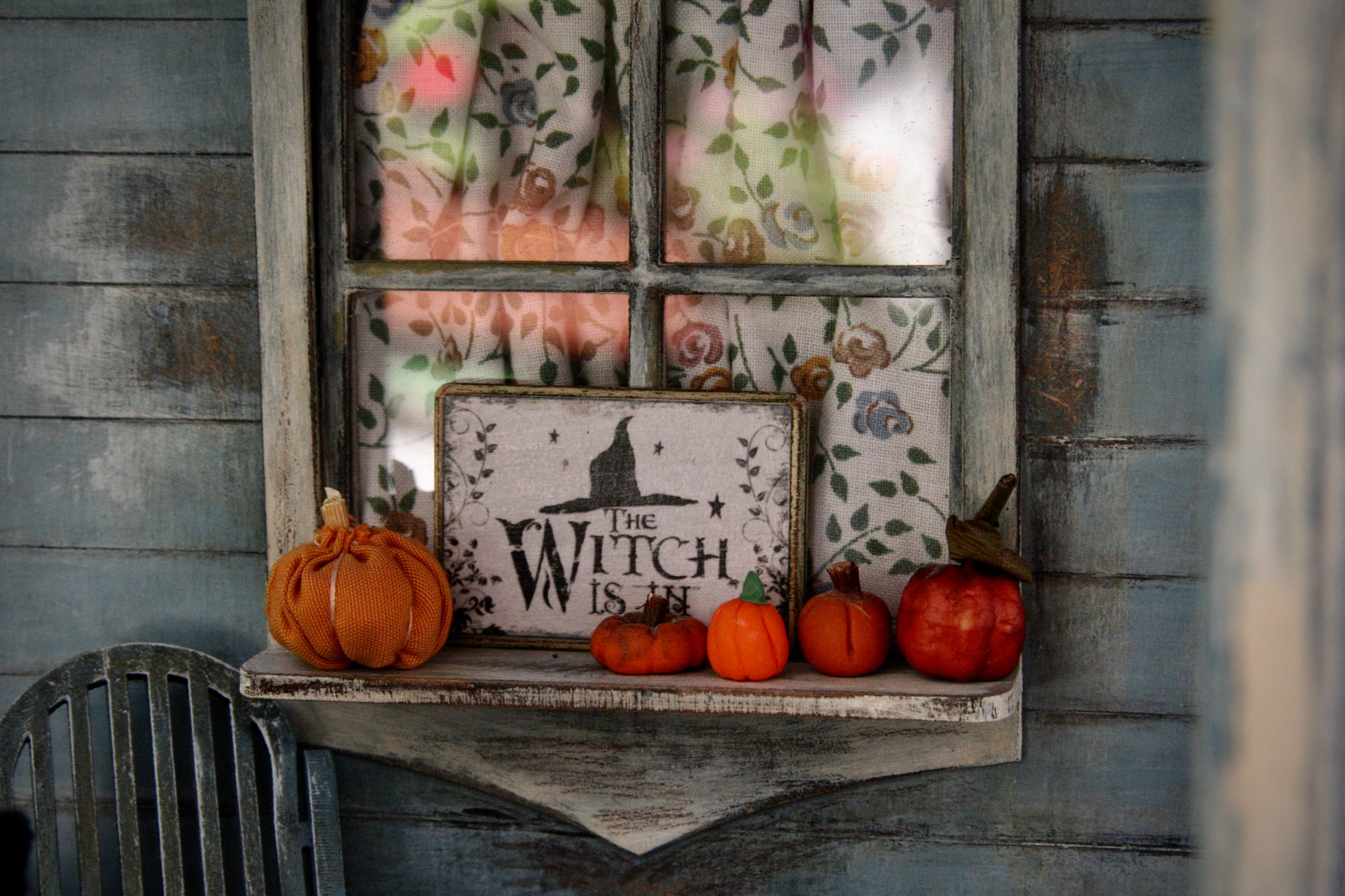Milk and Honey, volumul favorit de poezie
Salutare tuturor! A venit vremea să vorbim din nou despre Milk and Honey, volumul favorit al multora dintre voi. De ce? Pentru că, deși a fost publicat în 2014, încă mai stârnește valuri, dovedind iarăși și iarăși că nu este doar un trend de moment. Pentru că Rupi și poezia ei sunt vii și oneste, fără ipocrizie. Versurile ei cuprind atât desene cât și descrieri destul de grafice, dar doar atunci când este cazul. Pentru că a rămas și în topul criticilor, datorită puterii sale de a atinge puncte sensibile în mulți dintre cititori. Pentru că este feminină fără a fi prea dulce, este autentică și contemporană, cu toate problemele de identitate pe care le presupune această contemporaneitate.
 În vârstă de doar 26 de ani, Rupi Kaur se numără deja printre puținii poeți ce se bucură de succes real. Și cum poezia rareori atrage atâta atenție…
Dar pentru a vă convinge , dacă nu o iubiți deja, cel ma bine vă arătăm câteva exemple, așa vedeți cu ochii voștri despre ce este vorba.
În vârstă de doar 26 de ani, Rupi Kaur se numără deja printre puținii poeți ce se bucură de succes real. Și cum poezia rareori atrage atâta atenție…
Dar pentru a vă convinge , dacă nu o iubiți deja, cel ma bine vă arătăm câteva exemple, așa vedeți cu ochii voștri despre ce este vorba.
 Sau, poezia ce dă și titlul acestui volum
Sau, poezia ce dă și titlul acestui volum Mai multe exemple găsiți și în acest articol. În plus, iată și un review scris de un fan (sursa: Amazon)
This collection of poems is quite similar in format and subject to Kaur’s more recent work “The Sun and Her Flowers” (which I reviewed recently.) This book also gathers short free-verse poetry (with the occasional prose poem) together with line-drawn artworks by the author. The subject matter includes: sexual abuse, parental relationships, love relationships, and self-image problems. My likes and dislikes for this collection are much the same as they were for the more recent work, as the two books feel like volumes in the same work. The book is divided into four parts: “the hurting,” “the loving,” “the breaking,” and “the healing.” One will notice the roller-coaster effect implicit in that organization—like alternately drowning and bobbing up for air. Kaur is bold in her poetry. It’s daring in its confessional nature and courageous in her willingness to be so intensely feeling in a society that gets cynical of emotionality fairly quickly. (It almost feels like a JP Sears caricature of itself sometimes--particularly it the lulls of melancholy.) Its also has the condensed effect that comes from a sparing approach. Both the art and verse take a minimalist approach, avoiding getting lost in complexity of form and presentation, and they are all the better for it. This simplicity doesn’t mean that Kaur doesn’t offer some clever turns of phrase. On the contrary, it gives it all the more punch. The words and drawings frequently form a synergy. Both the poet’s courage and her sparse and simple cleverness overwhelm the collection’s downsides. Said weaknesses include frequent bumper-sticker truisms that feel a bit preachy and / or banal. As I hinted, sometimes the book feels a little bit like the “No, I just have a lot of feelings” girl from the movie “Mean Girls.” I enjoyed this collection for its poetry, its art, and—perhaps most interestingly—the interplay between the two. I’d highly recommend it.
Care este poezia voastră preferată? Așteptăm citate și recomandări în comentarii :)
Mai multe exemple găsiți și în acest articol. În plus, iată și un review scris de un fan (sursa: Amazon)
This collection of poems is quite similar in format and subject to Kaur’s more recent work “The Sun and Her Flowers” (which I reviewed recently.) This book also gathers short free-verse poetry (with the occasional prose poem) together with line-drawn artworks by the author. The subject matter includes: sexual abuse, parental relationships, love relationships, and self-image problems. My likes and dislikes for this collection are much the same as they were for the more recent work, as the two books feel like volumes in the same work. The book is divided into four parts: “the hurting,” “the loving,” “the breaking,” and “the healing.” One will notice the roller-coaster effect implicit in that organization—like alternately drowning and bobbing up for air. Kaur is bold in her poetry. It’s daring in its confessional nature and courageous in her willingness to be so intensely feeling in a society that gets cynical of emotionality fairly quickly. (It almost feels like a JP Sears caricature of itself sometimes--particularly it the lulls of melancholy.) Its also has the condensed effect that comes from a sparing approach. Both the art and verse take a minimalist approach, avoiding getting lost in complexity of form and presentation, and they are all the better for it. This simplicity doesn’t mean that Kaur doesn’t offer some clever turns of phrase. On the contrary, it gives it all the more punch. The words and drawings frequently form a synergy. Both the poet’s courage and her sparse and simple cleverness overwhelm the collection’s downsides. Said weaknesses include frequent bumper-sticker truisms that feel a bit preachy and / or banal. As I hinted, sometimes the book feels a little bit like the “No, I just have a lot of feelings” girl from the movie “Mean Girls.” I enjoyed this collection for its poetry, its art, and—perhaps most interestingly—the interplay between the two. I’d highly recommend it.
Care este poezia voastră preferată? Așteptăm citate și recomandări în comentarii :)
 În vârstă de doar 26 de ani, Rupi Kaur se numără deja printre puținii poeți ce se bucură de succes real. Și cum poezia rareori atrage atâta atenție…
Dar pentru a vă convinge , dacă nu o iubiți deja, cel ma bine vă arătăm câteva exemple, așa vedeți cu ochii voștri despre ce este vorba.
În vârstă de doar 26 de ani, Rupi Kaur se numără deja printre puținii poeți ce se bucură de succes real. Și cum poezia rareori atrage atâta atenție…
Dar pentru a vă convinge , dacă nu o iubiți deja, cel ma bine vă arătăm câteva exemple, așa vedeți cu ochii voștri despre ce este vorba.
 Sau, poezia ce dă și titlul acestui volum
Sau, poezia ce dă și titlul acestui volum Mai multe exemple găsiți și în acest articol. În plus, iată și un review scris de un fan (sursa: Amazon)
This collection of poems is quite similar in format and subject to Kaur’s more recent work “The Sun and Her Flowers” (which I reviewed recently.) This book also gathers short free-verse poetry (with the occasional prose poem) together with line-drawn artworks by the author. The subject matter includes: sexual abuse, parental relationships, love relationships, and self-image problems. My likes and dislikes for this collection are much the same as they were for the more recent work, as the two books feel like volumes in the same work. The book is divided into four parts: “the hurting,” “the loving,” “the breaking,” and “the healing.” One will notice the roller-coaster effect implicit in that organization—like alternately drowning and bobbing up for air. Kaur is bold in her poetry. It’s daring in its confessional nature and courageous in her willingness to be so intensely feeling in a society that gets cynical of emotionality fairly quickly. (It almost feels like a JP Sears caricature of itself sometimes--particularly it the lulls of melancholy.) Its also has the condensed effect that comes from a sparing approach. Both the art and verse take a minimalist approach, avoiding getting lost in complexity of form and presentation, and they are all the better for it. This simplicity doesn’t mean that Kaur doesn’t offer some clever turns of phrase. On the contrary, it gives it all the more punch. The words and drawings frequently form a synergy. Both the poet’s courage and her sparse and simple cleverness overwhelm the collection’s downsides. Said weaknesses include frequent bumper-sticker truisms that feel a bit preachy and / or banal. As I hinted, sometimes the book feels a little bit like the “No, I just have a lot of feelings” girl from the movie “Mean Girls.” I enjoyed this collection for its poetry, its art, and—perhaps most interestingly—the interplay between the two. I’d highly recommend it.
Care este poezia voastră preferată? Așteptăm citate și recomandări în comentarii :)
Mai multe exemple găsiți și în acest articol. În plus, iată și un review scris de un fan (sursa: Amazon)
This collection of poems is quite similar in format and subject to Kaur’s more recent work “The Sun and Her Flowers” (which I reviewed recently.) This book also gathers short free-verse poetry (with the occasional prose poem) together with line-drawn artworks by the author. The subject matter includes: sexual abuse, parental relationships, love relationships, and self-image problems. My likes and dislikes for this collection are much the same as they were for the more recent work, as the two books feel like volumes in the same work. The book is divided into four parts: “the hurting,” “the loving,” “the breaking,” and “the healing.” One will notice the roller-coaster effect implicit in that organization—like alternately drowning and bobbing up for air. Kaur is bold in her poetry. It’s daring in its confessional nature and courageous in her willingness to be so intensely feeling in a society that gets cynical of emotionality fairly quickly. (It almost feels like a JP Sears caricature of itself sometimes--particularly it the lulls of melancholy.) Its also has the condensed effect that comes from a sparing approach. Both the art and verse take a minimalist approach, avoiding getting lost in complexity of form and presentation, and they are all the better for it. This simplicity doesn’t mean that Kaur doesn’t offer some clever turns of phrase. On the contrary, it gives it all the more punch. The words and drawings frequently form a synergy. Both the poet’s courage and her sparse and simple cleverness overwhelm the collection’s downsides. Said weaknesses include frequent bumper-sticker truisms that feel a bit preachy and / or banal. As I hinted, sometimes the book feels a little bit like the “No, I just have a lot of feelings” girl from the movie “Mean Girls.” I enjoyed this collection for its poetry, its art, and—perhaps most interestingly—the interplay between the two. I’d highly recommend it.
Care este poezia voastră preferată? Așteptăm citate și recomandări în comentarii :) 







